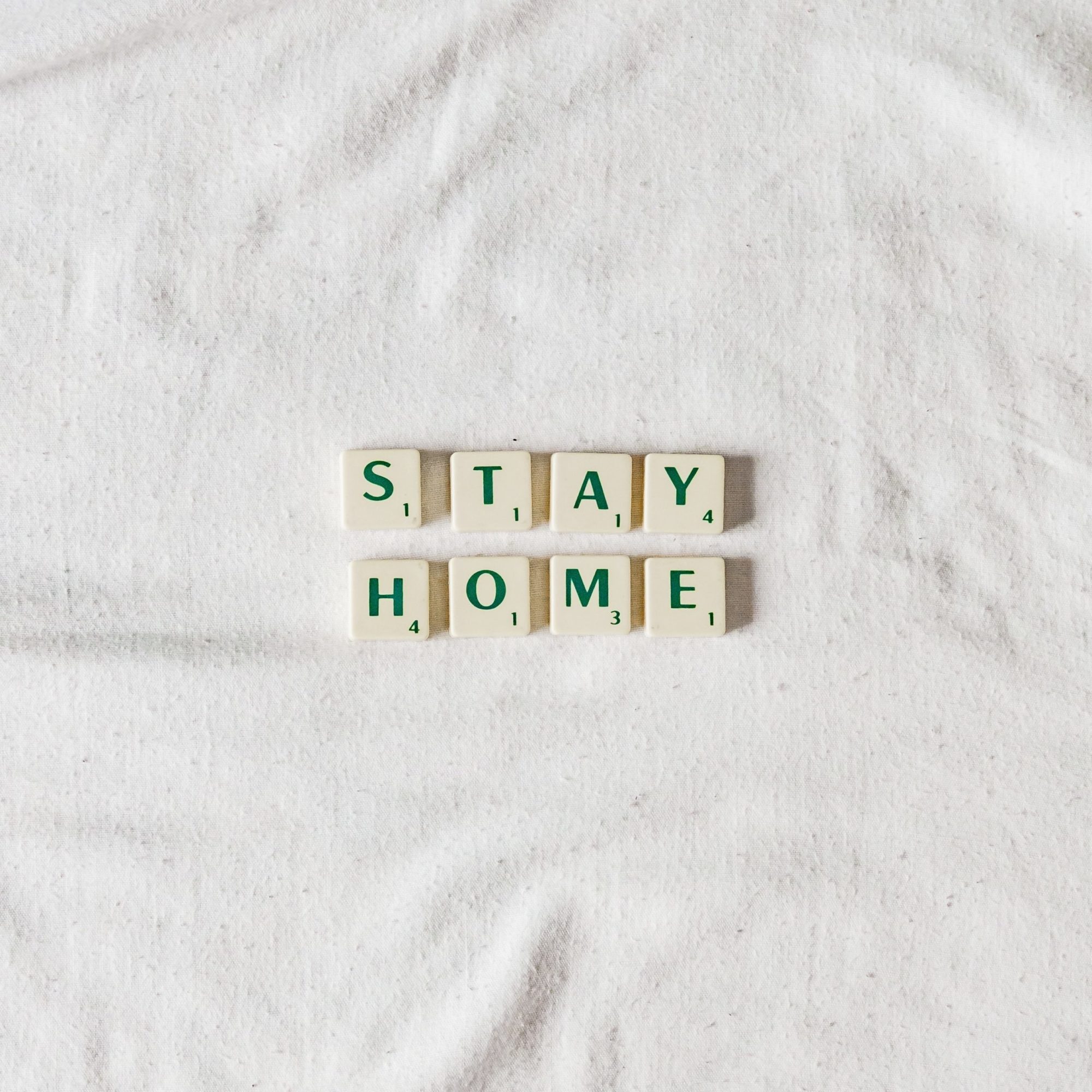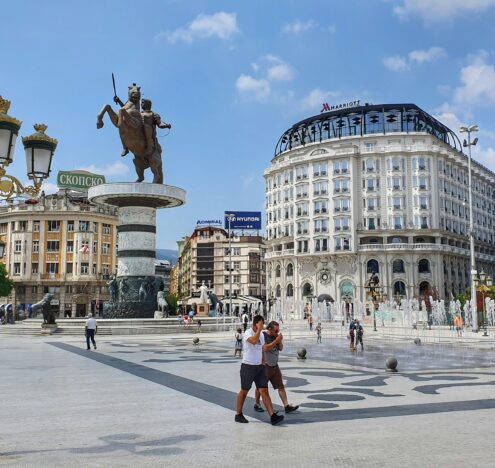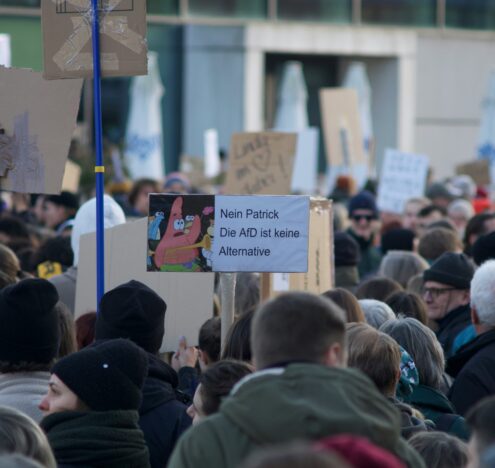I was intubated and placed on a ventilator in September last year. It was the end of a difficult pregnancy. For reasons no one quite understood, my baby had stopped growing somewhere around the 32nd week of my pregnancy. I was instructed to prepare for imminent delivery and given steroid shots to help her lungs.
One week went by, then another. I started to manifest the symptoms of pre-eclampsia. My blood pressure rose daily, edging up into the danger zone over the course of weeks. I stopped work; the commute raised my blood pressure too much. But by some miracle, we made it into the 36th week. An induction was scheduled for the next Thursday.
Two days later, I went to a routine appointment to discover that my blood pressure was through the roof. They advised delivery, and checked me into the hospital. After weeks of scans, it was almost a relief. My wonderful doctor suggested a gentle induction that should end in natural labor in 24-36 hours. When my husband showed up at the hospital, I gave him crap for not stopping to eat lunch on the way.
And then it all went to hell.
The nurse was putting in my IV when my blood pressure dropped through the floor. I came around pretty quickly, but when the baby monitor – knocked off during the fuss – was put back on my stomach, there was no heartbeat. I watched the nurse, increasingly frantic, trying to find it. She called the doctor, her hand trembling.
You know that thing that happens in movies, where someone says “Code Blue! Code Blue!” and seventeen people burst into the room and run you down a hallway, leaving your loved ones behind? Turns out it’s an actual thing.
You know that thing that happens in movies, where someone says “Code Blue! Code Blue!” and seventeen people burst into the room and run you down a hallway, leaving your loved ones behind? Turns out it’s an actual thing.
In the operating room, they found a faint heartbeat. But it was too dangerous to give me anything other than general anesthesia, and that only at the last minute. Anything else could have killed the baby. The last thing I saw before losing consciousness was the tube and the doctor waiting to start the C-section the minute my eyes closed.
HAPPY ENDING
My story has a happy ending. My daughter was born just minutes after they knocked me out. She weighed only three pounds, five ounces. She spent the next three days in the NICU, hooked up to a feeding tube and a neonatal ventilator. But she was quickly eating and breathing for herself, and after ten days in the NICU, we were able to bring her home.
I spent those days in the hospital receiving a series of treatments for cascading organ failure. After a couple of days, the preeclampsia started to reverse, and I finally began to recover. I met my daughter for the first time two days after her birth – long after both her father and grandparents did. That’s a strange thing for any mother to experience.
Ultimately, the whole episode left me with three things: 1) a beautiful roly-poly baby girl who, at six months old, is now five times her birth weight, right at the average for her age; 2) a fun little case of post-traumatic stress disorder; and 3) an appreciation for the amazing work that doctors do every day, and a powerful understanding of what could happen if that system breaks down.
A FRAGILE SYSTEM
And that’s the point. I don’t tell you this in hopes of eliciting sympathy, or because I want to talk about what was, by far, the scariest experience of my life. I rarely stray outside of my lane in the public sphere: international security, political economy, and foreign policy. But for weeks now, I’ve been feeling the need to write this to give some idea of what could happen if our hospitals get overwhelmed and our medical system breaks down.
Consider my story again. If my baby had been due in April, not in September, would I have been able to go to the hospital for scans three times a week? Or would the risk of COVID-19 be too high?
When my blood pressure spiked, would there have been a hospital bed available for me? Or would I have been sent home to wait, watch it rise, all the while damaging my liver, kidneys and heart?
When my baby’s heart stopped, would there have been an operating room available? Would there have been the ventilator needed to do emergency surgery?
And even if by some miracle, she was born alive, would there be a neonatal ventilator available for her? Or would she have struggled to breathe alone?
It’s not that I don’t understand the impulse to protect workers or the economy. By trade, I’m a political scientist. I study energy politics; I dabble in political economy. The crisis underway in our economy is unprecedented, as is the self-inflicted nature of the wound. But without improvements to our testing system, an effective antibody test, or substantially better data on the virus, reopening the economy could be a recipe for overloading our medical system and leaving millions to die, not just from COVID-19, but from all those other medical ailments that – like mine and my baby’s – require urgent action.
The economy will bounce back eventually; lives lost are lost forever.
WE WILL MEET AGAIN
Today, the United States has no truly unifying figure, no one who can rally us to the shared sacrifice that this moment calls for. Donald Trump has proven spectacularly incapable of filling that role; Joe Biden remains largely missing in action.
Across the pond, however, Queen Elizabeth reminded her nation this week that they were doing great things. In staying home and enduring financial hardship, she noted, people can “protect the vulnerable and [spare] many families the pain already felt by those who have lost loved ones.” If we act correctly today, she promised, “everyone will be able to take pride in how they responded to this challenge.”
She’s right. The best way for me to thank the doctors who saved my baby’s life is to stay home. And the same is true for all of us. If – by resisting that trip to the store, by schooling our children at home, by suffering some economic pain or shifting that burden from our fellow citizens – we can prevent the medical system from being overwhelmed, then we will have done great things.





















